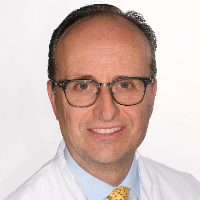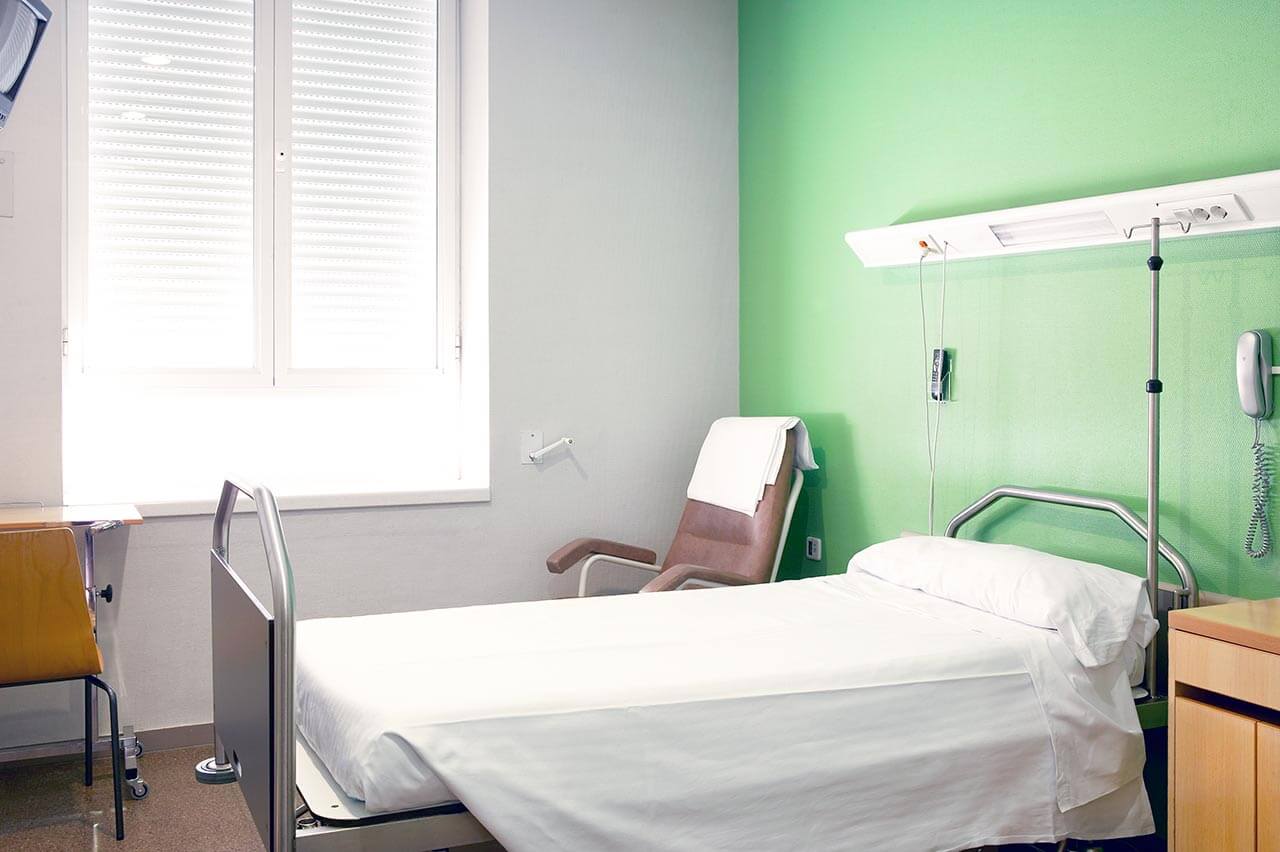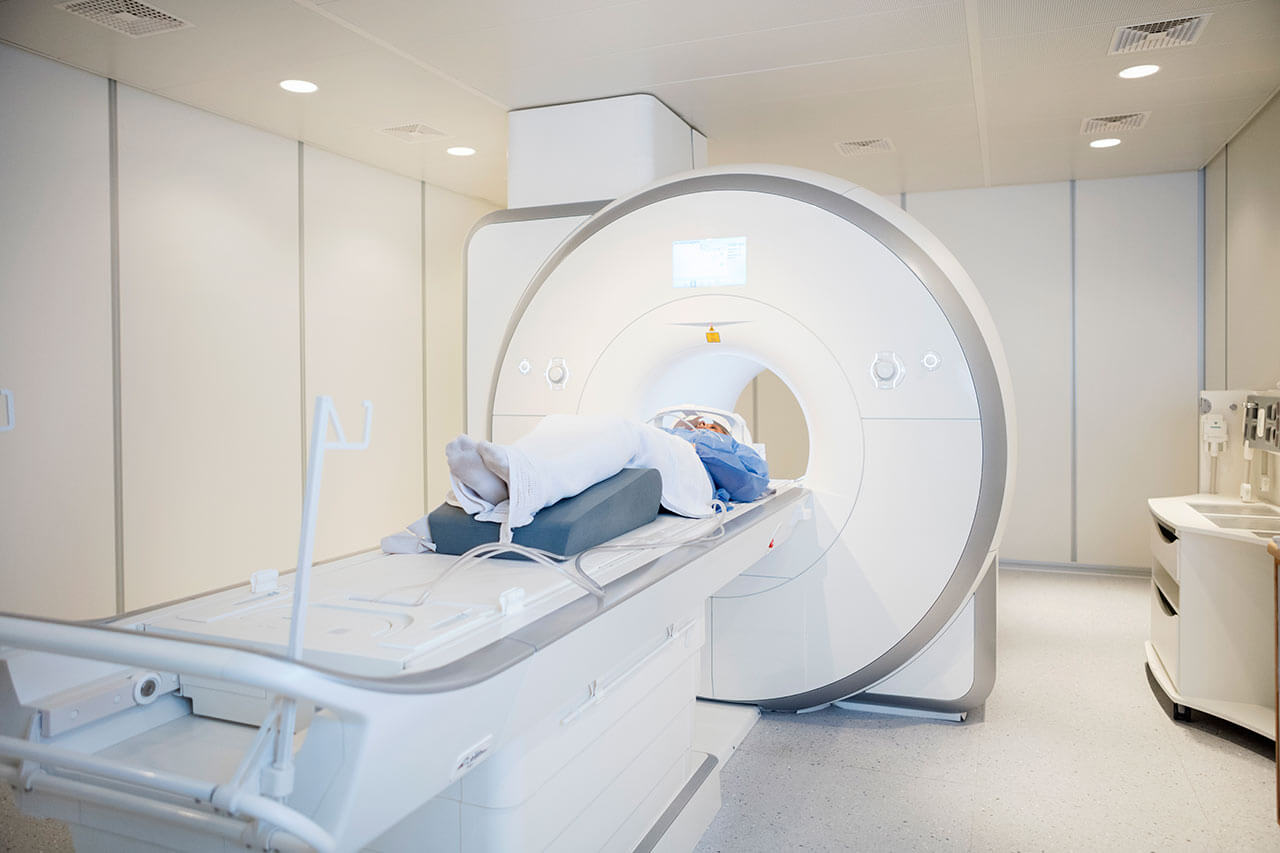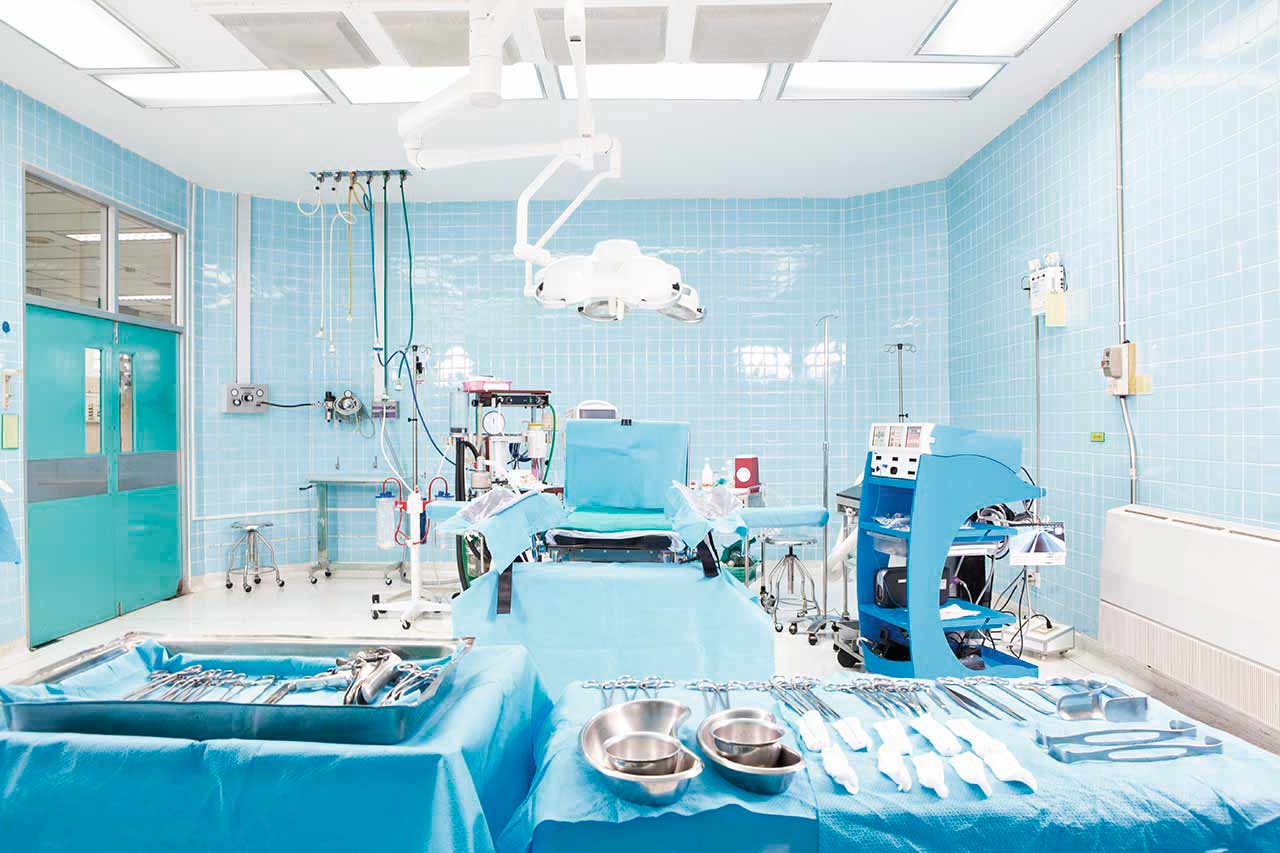
About the Department of Adult and Pediatric Dermatology, Allergology and Phlebology at University Hospital of Ludwig Maximilian University of Munich
The Department of Adult and Pediatric Dermatology, Allergology and Phlebology at the University Hospital of Ludwig Maximilian University of Munich offers all the options of modern medicine for diagnosing and treating skin diseases, allergies, and venereal pathologies. The focus of the department's dermatologists is on patients with various types of skin cancer, psoriasis, eczema, neurodermatitis, acne, venous diseases, and chronic non-healing leg ulcers. The medical facility also admits young patients, including those with rare and genetic skin diseases. The department has an excellent technical base, thanks to which modern laser treatment, light therapy, phototherapy, and advanced sparing surgical interventions are successfully performed here. Top-class medical care is provided by a highly professional team of 60 specialized doctors and 130 nurses, as well as medical and technical workers. About 90,000 patients undergo outpatient treatment, and more than 5,800 patients receive medical care on an inpatient basis annually. The hospital has 160 beds to accommodate patients. The department is thus one of the largest medical facilities of this kind in Germany. The department is headed by Prof. Dr. med. Lars French.
The department's specialists provide top-class medical care to patients with skin cancer. The department treats basaliomas, melanomas, and rare skin tumors, such as angiosarcoma, Kaposi's sarcoma, Merkel cell carcinoma, dermatofibrosarcoma protuberans, atypical fibroxanthoma, and others. The department is certified as a Skin Cancer Center by the German Cancer Society (DKG), which guarantees compliance with all current clinical protocols and treatment recommendations. The certificate is also a confirmation of the high treatment success rates. The department offers a wide variety of therapeutic methods for skin cancer, including surgical resection, classical chemotherapy, electrochemotherapy, cryotherapy, laser therapy, immunotherapy, targeted therapy, and radiation therapy. An interdisciplinary tumor board selects the optimal complex of therapeutic procedures for each patient on an individual basis. A patient must follow the recommendations of dermatologists and regularly undergo follow-up examinations for the prevention or early detection of cancer recurrence after the completion of treatment.
An important focus for the department's doctors is the treatment of autoimmune dermatosis. More than 4,000 patients with this diagnosis are admitted to the medical facility every year. During a consultation, a dermatologist performs a clinical examination and prescribes the necessary tests. With the examination results in hand, a specialist prescribes the required treatment. Depending on the diagnosis and the stage of the pathological process, treatment may include conservative methods or a surgical procedure. In most cases, the department's doctors manage to achieve good results with the help of drug therapy with antibiotics and/or biological drugs.
The department also has laser treatment rooms equipped with state-of-the-art technology. Innovative laser systems such as ruby lasers for tattoo and pigmentation removal, diode lasers for unwanted body hair removal, and ablative CO2 and Erb:YAG lasers for scar revision, acne treatment, and skin rejuvenation are available here. Laser dermatologists have a wealth of experience and professional skills to provide patients with high-quality medical care.
In terms of pediatric dermatology, the department's therapeutic offerings include the treatment of skin diseases in children of all ages, including rare and genetic conditions. The most common pathologies include neurodermatitis, psoriasis, warts, nevi, fungal diseases, and benign and malignant skin neoplasms. A treatment regimen is developed individually and most often includes conservative methods. Nevi, warts, and skin tumors are removed using sparing laser techniques whenever possible.
The department's range of services also includes the treatment of allergic diseases such as anaphylactic shock, allergies to drugs, food, insect venom, as well as hay fever, rhinoconjunctivitis, bronchial asthma, mastocytosis, urticaria, and occupational dermatoses. To detect a particular type of allergy, the specialists conduct tests, such as prick tests, patch tests, in vitro provocation tests, etc. Patients with allergies are prescribed modern drugs, including biological products, and allergen-specific immunotherapy.
The department also provides medical care to patients with varicose veins, spider veins, leg ulcers, and superficial and deep vein thrombosis. In the early stages of the above-mentioned pathologies, compression and drug therapy are usually used. In complex cases, the department's doctors, in cooperation with vascular surgeons, perform surgical interventions.
The department's range of services includes the diagnostics and treatment of the following diseases:
- Dermatology
- Benign tumors and precancerous skin conditions
- Malignant tumors (basal cell carcinomas and melanomas) and rare skin cancers (for example, angiosarcomas, Kaposi's sarcomas, and Merkel cell carcinoma)
- Psoriasis
- Acne and rosacea
- Autoimmune skin diseases (for example, systemic scleroderma and systemic lupus erythematosus)
- Occupational skin conditions (such as eczema)
- Bullous skin diseases (for example, pemphigus and bullous pemphigoid)
- Eczematous disorders (for example, atopic dermatitis and allergic contact dermatitis)
- Hair and nail diseases
- Sexually transmitted diseases (for example, HIV and syphilis)
- Skin diseases in children
- Psoriasis
- Neurodermatitis
- Allergies
- Ichthyosis
- Warts and molluscum contagiosum
- Moles and nevi
- Fungal lesions
- Rare and genetic skin diseases
- Allergology
- Anaphylactic shock (anaphylaxis)
- Drug allergy
- Insect venom allergy
- Mastocytosis
- Food allergy
- Neurodermatitis
- Allergic respiratory diseases (chronic allergic rhinoconjunctivitis or bronchial asthma) in the case of allergies to pollen, pet fur, and dust
- Occupational dermatoses
- Phlebology
- Varicose veins
- Spider veins
- Superficial vein thrombosis
- Deep vein thrombosis
- Chronic non-healing leg ulcers
- Other diseases
The department's diagnostic and therapeutic options include:
- Diagnostics
- Non-invasive imaging diagnostics
- Allergy tests
- Digital dermoscopy
- Electron microscopy
- Histological examinations using the full range of immunohistochemical and cytogenetic methods
- Mycological and bacteriological tests (within specialized laboratories)
- Ultrasound scans
- Photodynamic diagnostics
- Conservative treatment
- Drug therapy
- Compression therapy for venous diseases
- Cryotherapy (for example, to remove tumors and warts)
- Laser treatment methods
- Phototherapy (for example, various types of PUVA therapy)
- Photodynamic therapy
- Surgical treatment
- Skin tumor resection
- Defect closure and skin reconstruction using microsurgical plastic repair with local and free flaps
- Microscopic (micrographic) surgery for basal cell carcinoma (primarily in the face)
- Lymph node removal (for example, lymph node dissection for a malignant melanoma)
- Electrochemotherapy for a metastatic melanoma or other superficial metastatic tumors
- Varicose vein surgery
- Nail plate plastic surgery
- Lymph node transplant
- Expander implantation for skin stretching
- Artificial skin transplant
- Aesthetic skin interventions
- Dermabrasion
- Skin lift, for example after pregnancy and weight loss
- Liposuction
- Lipofilling
- Eyelid lift (blepharoplasty)
- Facelift
- Repair of nose, ear, and chin deformities
- Lip reshaping
- Hair transplant
- Hyperhidrosis treatment
- Scar revision
- Treatment of wrinkles
- Treatment of complications and consequences of the use of fillers
- Various types of peeling
- Spider vein removal
- Cellulitis treatment
- Other medical services
Curriculum vitae
Higher Education and Professional Career
- Since 2018 Head of the Department of Adult and Pediatric Dermatology, Allergology and Phlebology at the University Hospital of Ludwig Maximilian University of Munich.
- 2006 - 2018 Head of the Department of Dermatology, University Hospital Zurich, Switzerland.
- 2003 - 2006 Extraordinary Professor, Dermatology, University Hospital Geneva, Switzerland.
- 2003 - 2006 Professorship in Medicine, University of Geneva, Switzerland.
- 1999 - 2000 Visiting Clinical and Research Fellow, Department of Dermatology, University of Pennsylvania, Philadelphia, USA.
- 1998 PD, University of Geneva.
- 1993 - 1997 Resident and Research Fellow, Department of Dermatology, University Hospital Geneva, Switzerland.
- 1993 Thesis defense (Dr. med.), University of Geneva, Switzerland.
- 1990 - 1993 Research Fellow, Cellular and Molecular Biology, University Hospital Geneva, Switzerland.
- 1988 Diploma in Medicine, Faculty of Medicine, University of Geneva. Board certification in Dermatology, PD, University of Geneva.
- 1981 - 1988 Medical studies, University of Geneva, Switzerland.
Positions in Scientific Societies and Committees
- Since 2010, Vice President of the Swiss Society of Dermatology and Venereology (SGDV).
- Since 2008б Board Member, European Dermatology Forum (EDF).
- 2004 - 2005 President of the European Society for Dermatological Research (ESDR).
- 1997 - 2005 Board Member of the European Society for Dermatological Research (ESDR).
Awards and Honorary Memberships
- 2012 Otto Naegeli Prize.
- 2011 Thirty‐Sixth Annual M.H. Samitz Lectureship in Cutaneous Medicine.
- Leo von Zumbusch Memorial Lecture.
- Since 2008 Member of the German National Academy of Sciences Leopoldina.
- 2003 Louis Jeantet Award in Medicine.
- 2000 Pfizer Prize for Сlinical Еrials in Immunology and Rheumatology.
- 1999 Leenaards Foundation Award for Scientific Research Encouragement.
- 1998 Prix Claude Perrier Fondation Prize for Кesearch in Pharmacology.
- 1997 - 2002 "SCORE A" Award for the development of a professional career, Swiss Clinicians Opting for Research / Swiss National Science Foundation.
- 1995 Roche Prize for Dermatological Research.
Main Research Focuses
- Role of the immune system in the development of toxic epidermal necrolysis and skin cancer.
- Apoptosis and drug effects.
- Causes and mechanisms of skin cancer development.
- Treatment methods for skin diseases.
Photo of the doctor: (c) LMU Klinikum





